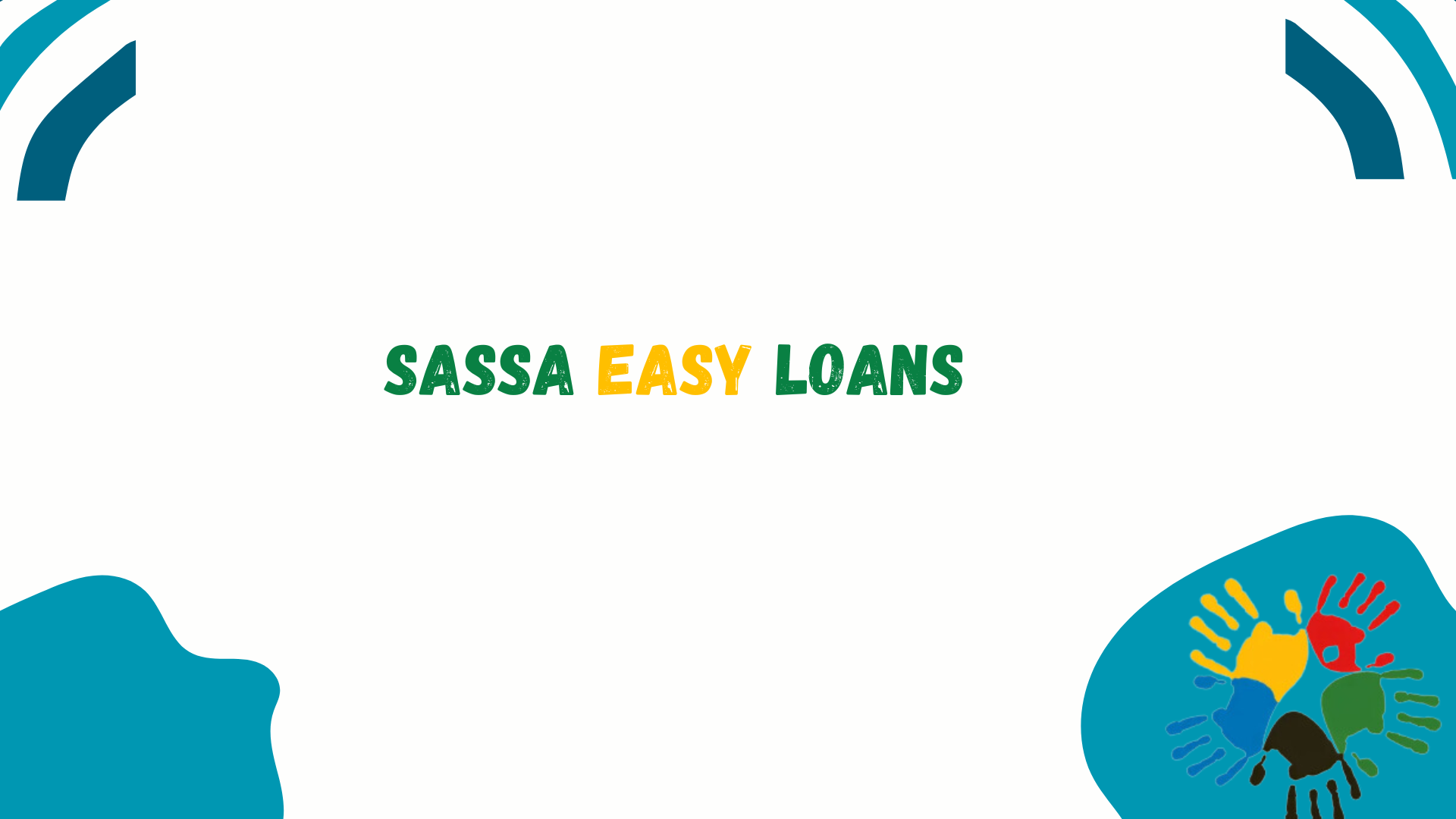
The South African Social Security Agency (Sassa) plays a crucial role in providing social security services to eligible South African citizens. While Sassa is primarily known for its various grant programs, many people are curious about the possibility of obtaining loans through this government agency. In this comprehensive guide, we’ll explore the concept of Sassa easy loans, clarify misconceptions, and provide valuable information on financial assistance options available to Sassa beneficiaries.
It’s important to note that Sassa does not directly offer loans. However, there are financial products and services available to Sassa grant recipients that may be referred to colloquially as “Sassa loans.” We’ll delve into these options and provide guidance on how to access financial assistance responsibly.
Contents
- 1 Grant Advance Payments: A Closer Look
- 2 The Truth About “Sassa Easy Loans”
- 3 Financial Assistance Options for Sassa Beneficiaries
- 4 Microloans for Sassa Beneficiaries: Risks and Considerations
- 5 Government Emergency Relief Programs
- 6 Non-profit Organizations and Community Support
- 7 Cooperative Financial Institutions: An Alternative to Traditional Banking
- 8 Financial Literacy: Empowering Sassa Beneficiaries
- 9 Avoiding Scams and Predatory Lending
- 10 Alternatives to Borrowing
- 11 When to Seek Professional Financial Advice
- 12 Conclusion
Grant Advance Payments: A Closer Look
One option that is sometimes referred to as a “Sassa loan” is actually an advance payment on future grant disbursements. Here’s what you need to know about this option:
- Eligibility: Advance payments are typically only available in cases of extreme hardship or emergency.
- Application Process: Beneficiaries must apply directly through Sassa, providing documentation to support their need for an advance.
- Repayment: The advance is repaid through deductions from future grant payments, usually over several months.
- Limitations: There are strict limits on how much can be advanced and how often a beneficiary can request this service.
Pros of Grant Advances:
- No interest charged
- Helps in genuine emergencies
- Regulated by Sassa
Cons of Grant Advances:
- Reduces future grant payments
- Limited availability
- May not be sufficient for larger financial needs
It’s important to note that grant advances should be a last resort and are not intended to solve ongoing financial difficulties.
The Truth About “Sassa Easy Loans”
Despite popular belief, there is no official product called “Sassa easy loans.” Sassa’s primary function is to administer social grants, not to provide loans. However, the term “Sassa easy loans” may be used informally to refer to various financial products targeted at Sassa grant recipients. These may include:
- Microloans from registered financial service providers
- Advance payments on Sassa grants
- Emergency financial assistance programs
It’s crucial to understand that any loan or advance obtained using your Sassa grant as collateral comes with risks and responsibilities. We’ll explore these options in detail and discuss the pros and cons of each.
Financial Assistance Options for Sassa Beneficiaries
While Sassa doesn’t offer loans directly, there are several ways that grant recipients can access additional financial support when needed:
Grant Advance Payments:
In some cases, Sassa may provide an advance on future grant payments to assist beneficiaries facing urgent financial needs.
Microloans:
Some registered financial institutions offer small, short-term loans to Sassa grant recipients. These loans typically have higher interest rates and should be approached with caution.
Government Emergency Relief:
During times of crisis, such as the COVID-19 pandemic, the government may introduce temporary financial assistance programs for vulnerable citizens, including Sassa beneficiaries.
Non-profit Organizations:
Various NGOs and community organizations offer financial counseling and assistance to individuals in need, including Sassa grant recipients.
Cooperative Financial Institutions:
Some communities have established cooperative banks or credit unions that may provide more favorable loan terms to members, including those receiving Sassa grants.
It’s essential to thoroughly research and understand any financial product before committing to it. In the following sections, we’ll explore each of these options in greater detail, discussing their benefits, risks, and how to access them responsibly.
Microloans for Sassa Beneficiaries: Risks and Considerations
Some private financial institutions offer microloans specifically marketed to Sassa grant recipients. While these can provide quick access to cash, they come with significant risks:
- High Interest Rates: Microloans often have very high annual percentage rates (APRs), making them expensive to repay.
- Short Repayment Terms: Most microloans require repayment within a few months, which can strain limited budgets.
- Debt Cycle Risk: There’s a danger of falling into a cycle of borrowing to repay previous loans.
Responsible Borrowing Tips:
- Only borrow what you can afford to repay
- Read and understand all terms and conditions
- Compare offers from multiple lenders
- Consider alternatives before taking a microloan
- Be wary of lenders who guarantee approval without credit checks
If considering a microloan, always verify that the lender is registered with the National Credit Regulator (NCR) to avoid falling victim to predatory or illegal lending practices.
Government Emergency Relief Programs
During times of national crisis, the South African government may introduce temporary financial assistance programs to support vulnerable citizens, including Sassa beneficiaries. Examples include:
- COVID-19 Social Relief of Distress Grant: Introduced in 2020 to provide support during the pandemic.
- Disaster Relief Funds: Activated in response to natural disasters or other emergencies.
These programs are typically:
- Time-limited
- Needs-based
- Subject to specific eligibility criteria
It’s important to stay informed about current government initiatives and how to apply for them when available. Official Sassa and government websites are the best sources for up-to-date information on these programs.
Non-profit Organizations and Community Support
Various non-governmental organizations (NGOs) and community-based initiatives offer support to individuals facing financial hardship, including Sassa beneficiaries. These organizations may provide:
- Financial counseling
- Budgeting workshops
- Debt management assistance
- Emergency food or housing support
Some well-known organizations operating in South Africa include:
- National Debt Advisors
- Debt Counselling Help South Africa
- Various faith-based charities
While these organizations typically don’t offer loans, they can provide valuable resources and guidance to help individuals manage their finances more effectively.
Cooperative Financial Institutions: An Alternative to Traditional Banking
Cooperative financial institutions, such as cooperative banks and credit unions, are member-owned organizations that often provide more favorable terms for savings accounts and loans compared to traditional banks. For Sassa beneficiaries, these institutions may offer:
- Lower interest rates on loans
- More flexible repayment terms
- Financial education programs
- Personalized service
To access these services, individuals typically need to:
- Become a member of the cooperative
- Meet specific eligibility criteria
- Participate in the cooperative’s activities
While not as widespread as traditional banks, cooperative financial institutions can be an excellent resource for Sassa beneficiaries looking for more affordable financial products.
Financial Literacy: Empowering Sassa Beneficiaries
One of the most effective ways to improve financial stability is through financial literacy. Sassa beneficiaries can benefit greatly from understanding:
- Budgeting techniques
- Saving strategies, even with limited income
- The true cost of borrowing
- How to build and maintain good credit
Several organizations offer free financial literacy resources, including:
- The National Credit Regulator
- The South African Reserve Bank
- Various online education platforms
Investing time in financial education can help Sassa beneficiaries make more informed decisions about their money and reduce the need for high-risk borrowing.
Avoiding Scams and Predatory Lending
Unfortunately, individuals receiving Sassa grants are often targeted by scammers and predatory lenders. To protect yourself:
- Never share your Sassa card details or PIN with anyone
- Be wary of unsolicited loan offers, especially via SMS or social media
- Don’t pay upfront fees for loans or grant applications
- Report suspicious activity to Sassa and the authorities
Remember, legitimate financial assistance will never require you to pay money upfront or share sensitive personal information through unsecured channels.
Alternatives to Borrowing
Before considering any form of loan or advance, Sassa beneficiaries should explore alternatives that don’t involve taking on debt:
- Negotiate bill payments: Many service providers offer payment plans for those facing financial difficulties.
- Seek additional income sources: Part-time work or selling unused items can provide extra funds.
- Access community resources: Food banks, clothing donations, and other community services can help reduce expenses.
- Reduce non-essential spending: Reviewing and cutting unnecessary expenses can free up money for essential needs.
When to Seek Professional Financial Advice
If you’re consistently struggling to make ends meet or considering taking on debt, it may be time to seek professional financial advice. Options include:
- Accredited debt counselors
- Financial advisors specializing in low-income clients
- Social workers who can provide guidance on accessing additional support services
Many of these services are available at low or no cost to individuals receiving Sassa grants.
Conclusion
While the term “Sassa easy loans” may be misleading, there are various options available to Sassa beneficiaries facing financial difficulties. The key is to approach these options with caution, fully understanding the terms and potential consequences of any financial decision.
Remember:
- Sassa does not directly offer loans
- Be wary of any offer that seems too good to be true
- Prioritize financial literacy and responsible money management
- Explore all available resources and support services before considering high-risk borrowing
By staying informed, making prudent financial decisions, and seeking help when needed, Sassa beneficiaries can work towards greater financial stability and security.
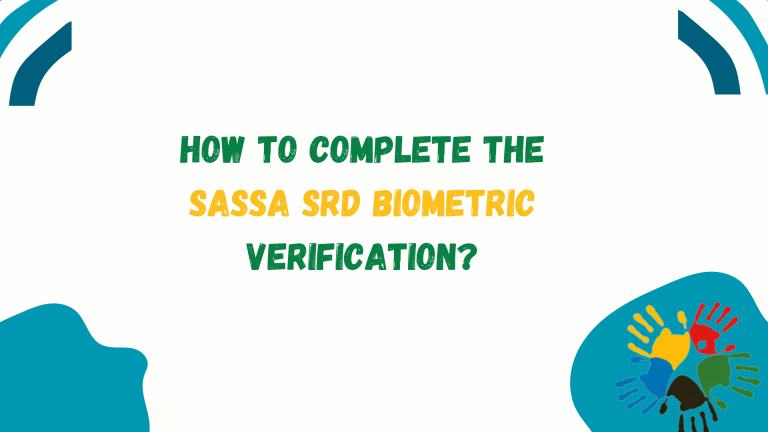
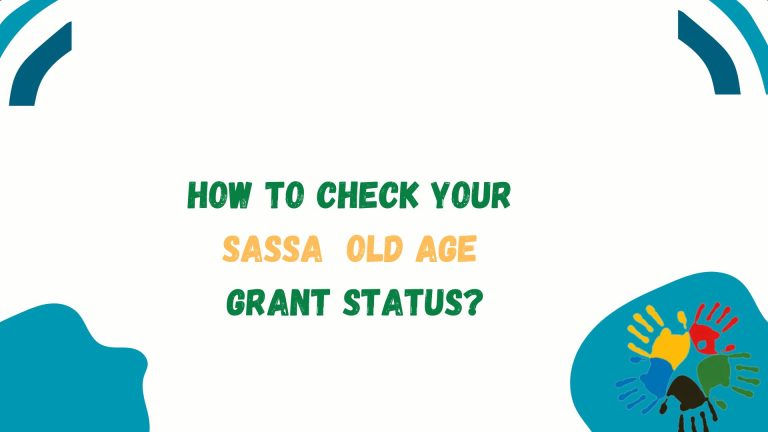

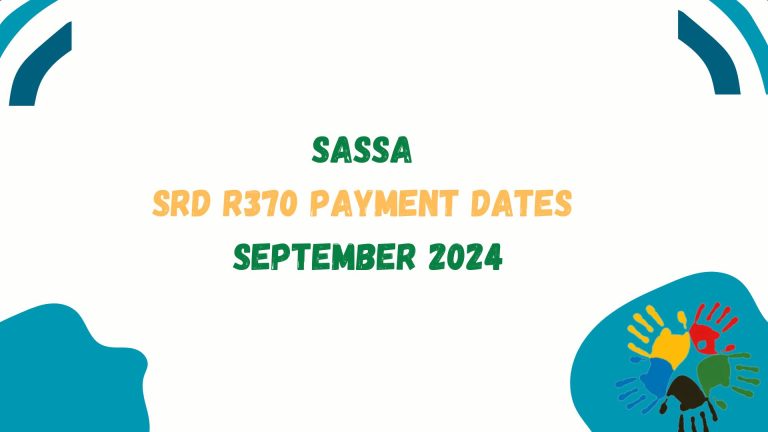
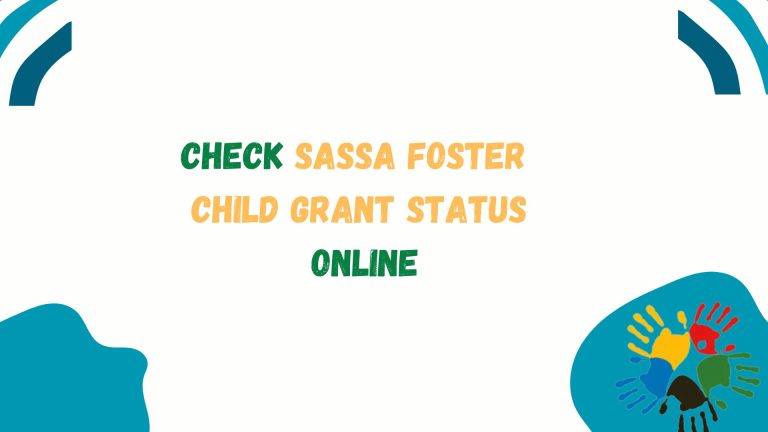
![Check SASSA Care Dependency Grant Status Online [2024]](https://sassasrdstatusgov.co.za/wp-content/uploads/2024/09/How-to-Complete-the-SASSA-SRD-Biometric-Verification-5-768x432.jpg)